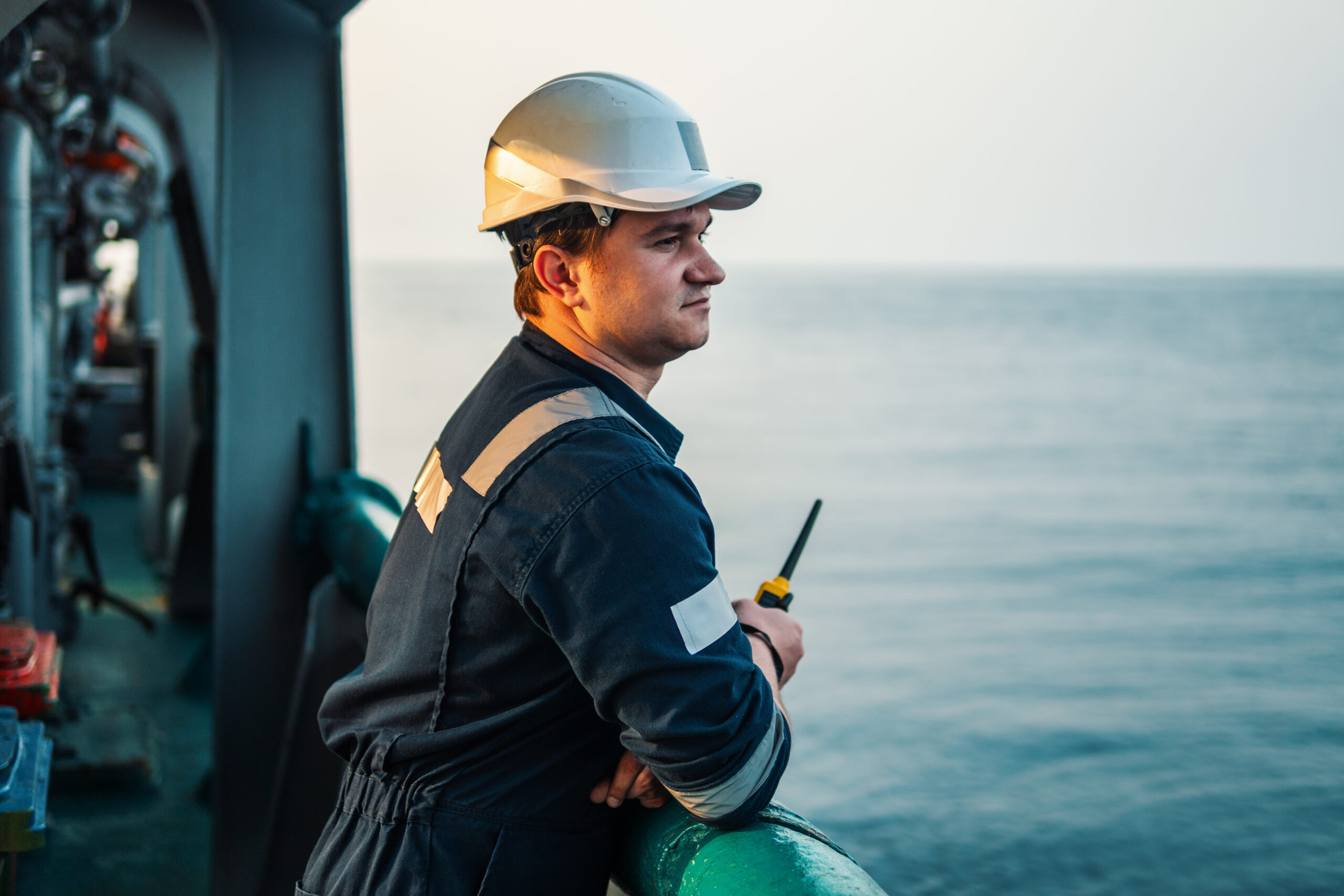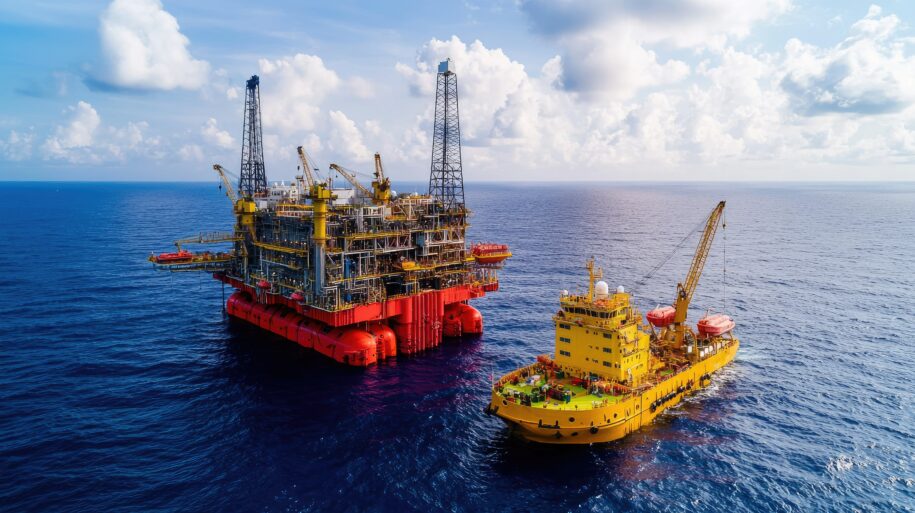Navigating the Transition to SIRE 2.0 Questions: Strengthening Maritime Safety Through a Human-Centric Approach
The Oil Companies International Marine Forum (OCIMF) has launched a significant overhaul of the Ship Inspection Report Programme (SIRE), ushering in SIRE 2.0 questions designed to elevate maritime safety standards. This digital, human-centric inspection program addresses both technical and human challenges, acknowledging that effective inspections rely not only on robust technology but also on human factors.
SIRE 2.0 questions are now more focused and specific, reflecting a risk-based approach tailored to each vessel’s unique profile. This transition to digital inspections, conducted via tablets, enables real-time access to information, logging observations directly into the system. With this shift, SIRE 2.0 questions are customized to ensure thorough and relevant assessments that improve safety for vessels, crews, and the environment.

A Comprehensive, Human-Centric Approach
The new SIRE 2.0 questions span a detailed 1,600-page protocol that requires high levels of preparedness from vessel operators and crew members. Inspectors now not only observe operations but interview crew on their knowledge of safety equipment, underscoring human factors like stress and readiness. OCIMF recognizes the stress induced by the new inspection process and trains inspectors to detect signs of nervousness, offering a more empathetic, human-centered approach to safety.
Digital Data Collection for Greater Reliability
With SIRE 2.0 questions, inspectors capture real-time data and photographs that depict vessel conditions, offering a more accurate and reliable assessment of compliance and safety standards. Digital inspections streamline data collection, organizing and analyzing information to provide quicker feedback to vessel operators, enabling them to address safety issues proactively.
A Knowledge-Intensive Transition for Crew and Operators
The transition to SIRE 2.0 questions emphasizes the need for crew readiness and knowledge. Operators and crew must be prepared to demonstrate safety protocols and vessel-specific operations, making continuous training essential. As the inspection process becomes more knowledge-intensive, operators are investing in additional training to ensure crew members are adequately prepared.
Addressing Cognitive Demands in Maritime Inspections
The introduction of SIRE 2.0 questions has raised cognitive demands on vessel operators and crews. Adjusting to the new digital system requires adaptability, focusing on both technical skills and interpersonal communication. OCIMF acknowledges these challenges but values the importance of both technical accuracy and crew well-being. Training inspectors to identify stress and anxiety is part of creating a more balanced, human-centered approach.
SIRE 2.0’s Role in Enhancing Safety Standards and Environmental Responsibility
The overarching goal of SIRE 2.0 questions is to reduce risks to people and the environment. By emphasizing data-driven inspections and human factors, OCIMF aims to enhance both safety standards and operational efficiency. The tailored inspection model helps identify specific areas of improvement, aligning with the maritime industry’s commitment to sustainability and responsibility.
Feedback and Continuous Improvement
OCIMF actively encourages feedback to refine the SIRE 2.0 questions as the maritime landscape evolves. This ongoing feedback loop ensures that SIRE 2.0 remains effective, addressing emerging risks and incorporating advancements. By embracing an open feedback model, OCIMF demonstrates transparency and a commitment to continuous improvement in maritime safety and environmental standards.
The Path Forward
The shift to SIRE 2.0 questions may introduce new complexities, but it represents a critical step toward a safer, more sustainable maritime industry. By integrating human factors with technological advancements, SIRE 2.0 questions set a new safety standard, encouraging vessel operators and crews to approach inspections holistically. The benefits of this transition—reduced risks, improved safety standards, and a stronger culture of accountability—make it a worthwhile investment in maritime safety’s future.
As SIRE 2.0 questions continue to evolve, OCIMF remains dedicated to supporting the maritime industry, ensuring that the transformation fosters safety and environmental stewardship.
